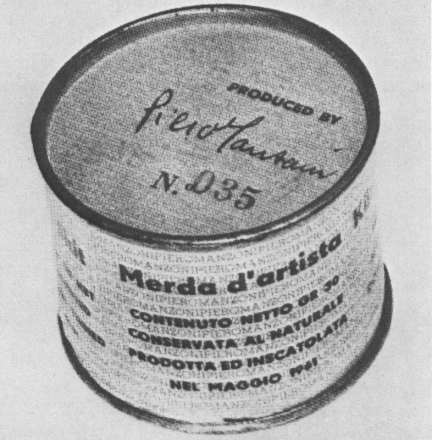“..Mrs Wank became frightened. She begged the driver to stop them and let her out, but the driver could not quiet the animals long enough…”
The panicked Mrs Wank tried alighting the carriage while it was still moving, however:
“..in her excitement her foot missed the step and she was thrown. Her skirts caught in the step… and she fell with her head between the wheels. The hind wheel passed over her neck. When she was lifted from the pavement a moment later she was dead.”
Doctors later concluded that the victim died almost instantly of a broken neck. According to census records she was the wife of Samuel I. Wank. Their son Jesse, who was nine years of age when his mother died, later became a Broadway producer.
Source: New York Times, August 2nd 1900; US Census records 1900, 1910. Content on this page is © Alpha History 2019-23. Content may not be republished without our express permission. For more information please refer to our Terms of Use or contact Alpha History.

